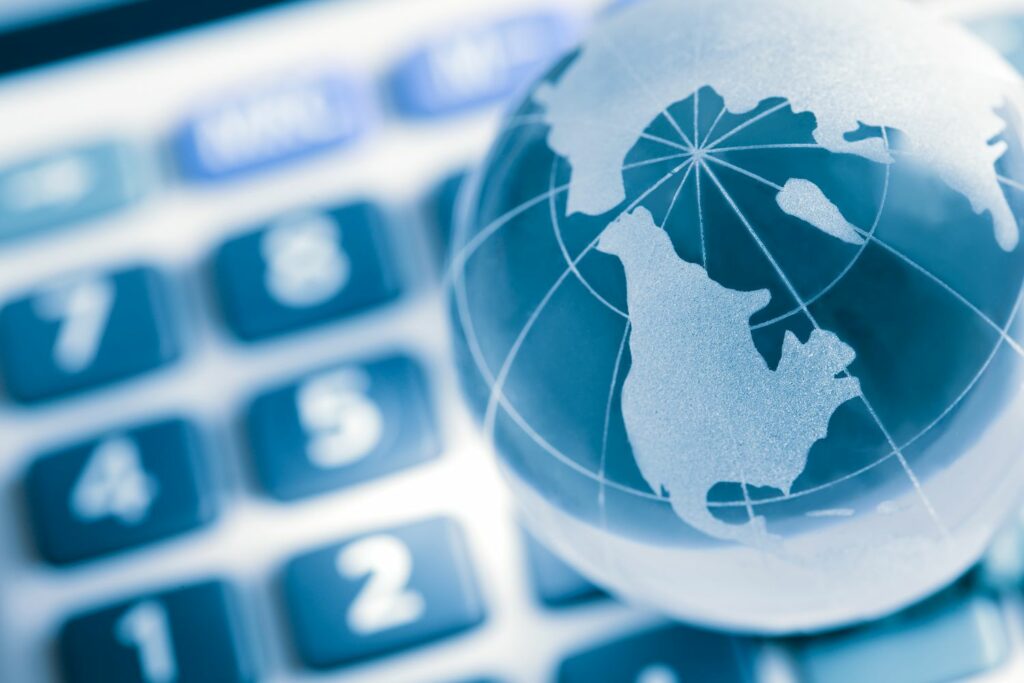For over three decades, the Heritage Foundation has published its annual Index of Economic Freedom in partnership with the Wall Street Journal. The index draws its inspiration from economist Adam Smith and references his book “The Wealth of Nations” to try and measure his theories concerning “liberty, prosperity, and economic freedom.” Below are the top five countries from its influential 2024 ranking.
Key Takeaways
- The Index of Economic Freedom is published every year by the Heritage Foundation, in partnership with the Wall Street Journal.
- There are other indexes for economic freedom, published by various think tanks and academic institutions.
- The IEF assigns each country a score between 0 and 100, based on various metrics relating to property rights, trade freedom, and governmental effectiveness.
- Only four countries were considered “free” in 2024, with scores of 80 and above. They were Singapore, Switzerland, Ireland, and Taiwan.
Singapore
Kitzcorner / Getty Images
Singapore attained a total score of 83.5, making it the most economically free place on earth. The multilingual city-state scored especially high marks for property rights, trade freedom, and tax burden.
The study also cited Singapore’s enforcement of anti-corruption laws and protection of property rights. The transparent regulatory environment helps boost economic activity and the tax rates are competitive. The study also cites Singapore’s openness to global commerce and a straightforward business start-up process as strengths.
Switzerland
MySwitzerland.com
Switzerland received a score of 83. In the 2024 edition of the index, Switzerland is the freest country in Europe and the second-freest overall. The country scores high in judicial effectiveness, fiscal health, and property rights.
The report cites well-protected property rights that encourage entrepreneurship, a minimum tolerance for corruption being institutionalized in an efficient legal framework, and a judicial system that enforces contracts as strengths.
Ireland
Andrea Pucci / Getty Images
Ireland ranks as the third-freest economy in the world with a ranking of 82.6. It scores strongly in judicial effectiveness, property rights, fiscal health, and business freedom.
The report states that Ireland’s regulatory efficiency and openness to global trade and investment allow the country to be competitive. The report also cites a labor market that remains flexible with labor costs as moderate as other reasons for Ireland’s high score.
Taiwan
(Photo by Daniel Aguilera / Contributor / Getty Images)
Taiwan ranks number four in the economic freedom index with a score of 80. It ranks second in Asia for economic freedom. The country scores highly in judicial effectiveness, tax burden, government spending, and fiscal health.
The country has a strong commitment to the rule of law and is open to global commerce. The country’s economy has been helped by institutional and regulatory frameworks that work well, monetary stability, and a strong legal framework.
The Heritage Foundation is not the only body attempting to rank countries by economic freedom. The Fraser Institute’s Economic Freedom of the World Report has a similar goal, although some of their results are different.
Luxembourg
Tristan Schmurr / Flickr / CC BY 2.0
Luxembourg ranks number five with a score of 79.2. It scores highly in property rights, judicial effectiveness, fiscal health, and investment freedom.
The entrepreneurial environment and high levels of openness and flexibility have helped the country’s economy. Financial regulations are prudent and the judiciary protects property rights. The regulation of open markets is also transparent and efficient.
What Does It Mean to Be Economically Free?
The Heritage Foundation’s Index of Economic Freedom is based on twelve different metrics, related to freedom to trade and do business, taxation, the number of government regulations and trade barriers, and other limits on economic activity. As the foundation explains, economic freedom means that “individuals are free to work, produce, consume, and invest in any way they please… [and] governments allow labor, capital, and goods to move freely, and refrain from coercion or constraint of liberty beyond the extent necessary to protect and maintain liberty itself.”
How Economically Free Is the United States?
The United States has a score of 70.1 on the Heritage Foundation’s Index of Economic Freedom of 2024, making it the 25th most free country overall. This country ranks as “mostly free” rather than “free.” According to the foundation, the low mark is because of big-government policies, high public spending, and the regulatory burden on businesses.
Which Countries Are the Least Economically Free?
Based on the Heritage Foundation’s 2024 index, the countries with the lowest scores for economic freedom are North Korea (2.9), Cuba (25.7), Venezuela (28.1), and Sudan (33.9).
The Bottom Line
According to the Heritage Foundation’s rankings, the top four countries are the only ones to truly be considered “free.” The next class of ranking only qualifies as “mostly free,” and though it still represents an esteemed grouping of countries, to be considered free requires a sustained commitment by the underlying governments to fight to keep their economies open, as efficient, and as free from corruption as possible.

